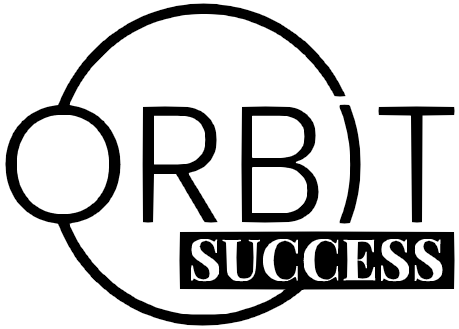When you think about building professional relationships, empathy is not something that comes to mind. Gail Gross, Ph.D. is a family, relationship, and child development expert who believes empathy is the most important characteristic for relationships at work and with friends.
You can see the problem from the other person’s perspective, even if your opinions differ. This will then open the door forcollaboration and communication,” Gross says. Gross says, “If you’re too busy defending yourself, you won’t be able to hear the other person’s point of view.”
Gross created an empathy process that can be used in all kinds of relationships.
1. To resolve differences, it is a good idea to meet in neutral places, such as a restaurant or conference room.
Don’t meet in the office of one party if you don’t want to be in control. If you are having a family discussion, get together in the kitchen.
2. Establish ground rules before you start talking.
Both parties are prohibited from using hurtful language and personal attacks.
3. Divide the time for discussion into three parts.
The first third of the time is spent talking while another person listens. For the second third, the other person speaks. The last third of time is when both sides work together to solve their problem. It doesn’t matter if you agree with one another, but it is possible to come up with a compromise that will benefit both of you.
Gross states that trust is built on experience. Empathy builds trust between you and your children, colleagues, or significant other. A good relationship requires mutuality. There is no one who wins or loses.
This article appeared in the August 2015 issue SUCCESS magazine. It has been updated. Photo by Cast Of Thousands/Shutterstock
SUCCESS first published the post Empathy in Conversations.

